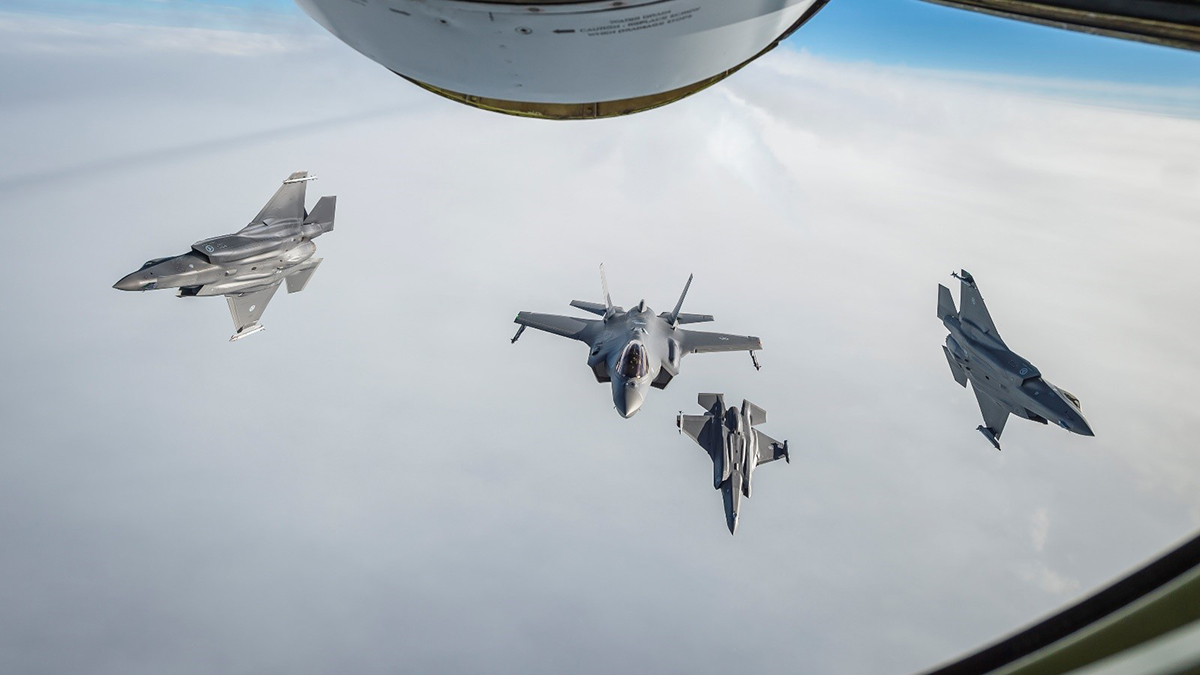In a significant step towards reducing environmental impact and enhancing energy security, the Royal Norwegian Air Force plans to operate its F-35 fighter jets using biofuel by the end of 2024. The SAF is derived from renewable sources, such as vegetation and natural biowaste, and can reduce lifecycle CO2 emissions by up to 80% compared to conventional jet fuel.
The use of biofuel is part of a broader trend in the aviation industry, which aims to transition to fossil-free solutions. The production of SAF has already been successfully tested on civilian aircraft, with Virgin Atlantic becoming the first commercial airline to operate a flight using 100% SAF.
The Royal Air Force has also made significant progress in using biofuels, having conducted the world’s first 100% SAF flight using an in-service military transport aircraft. The F-35’s Pratt & Whitney F135 engine has undergone tests using 100% biofuel, demonstrating its viability for use in demanding military operations.
Initially, the Royal Norwegian Air Force plans to integrate biofuel into its operations through a “drop-in” solution, blending it with conventional jet fuel. While the high cost of production remains a challenge, increased demand and investment could drive down costs in the future.
The shift towards sustainable fuel sources not only reduces environmental impact but also enhances energy security by reducing dependence on traditional fossil fuels. The integration of biofuels into military operations is expected to pave the way for broader adoption and operational use in the future.







